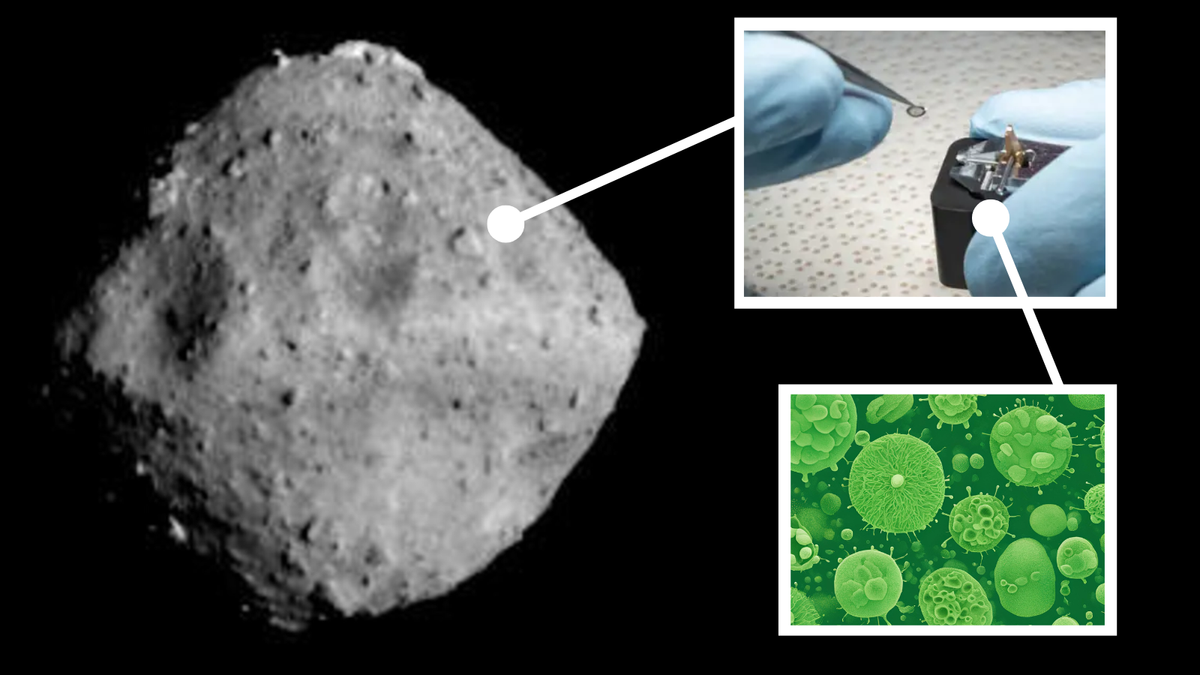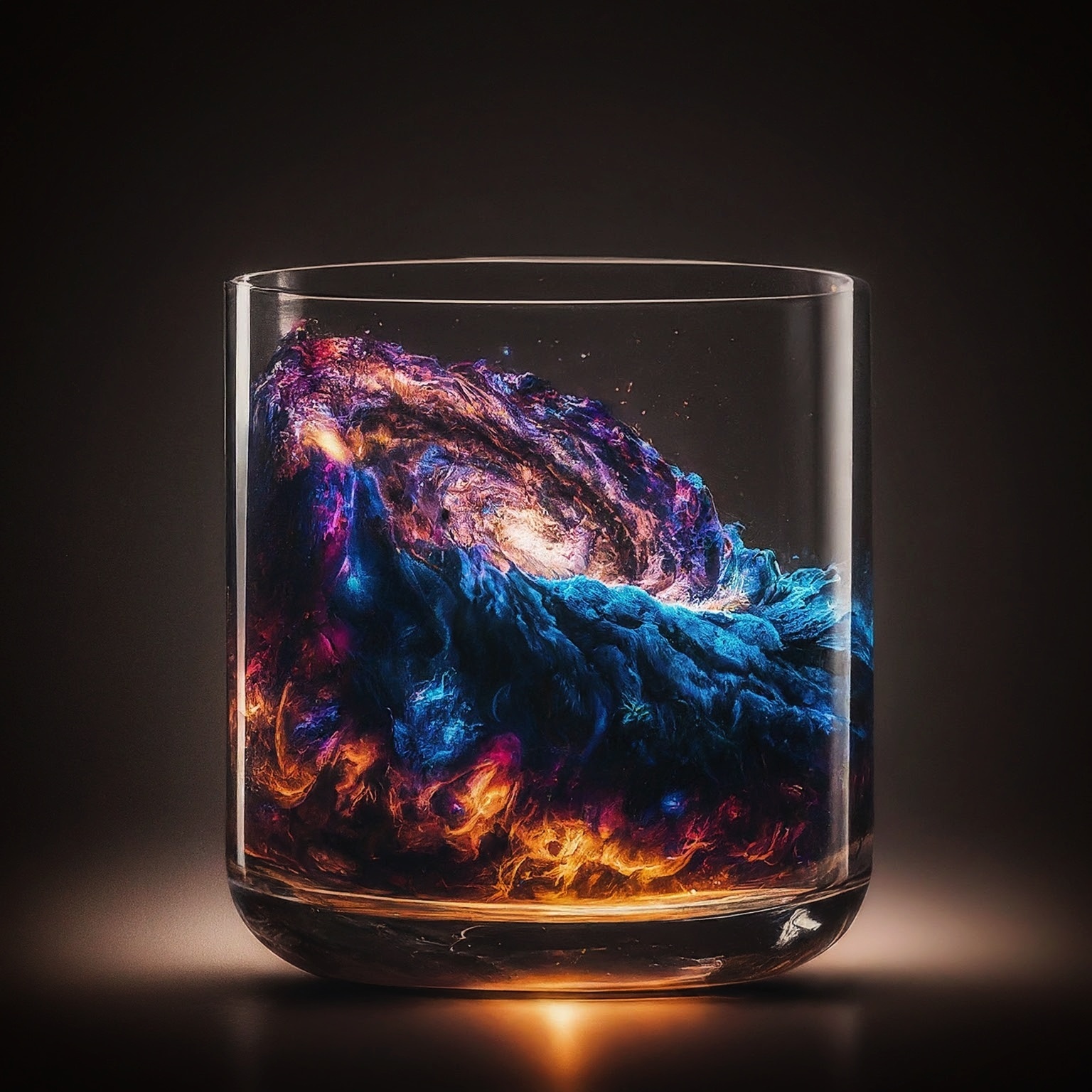- cross-posted to:
- science@lemmy.world
- cross-posted to:
- science@lemmy.world
Summary
Earth-based bacteria rapidly colonized a Ryugu asteroid sample after it was returned to Earth in 2020 by Japan’s Hayabusa2 spacecraft.
Researchers confirmed the microbes were terrestrial, appearing after exposure to Earth’s atmosphere. Within two weeks, microbial populations on the sample grew significantly.
This highlights the resilience of Earth’s microorganisms and raises concerns about contamination of extraterrestrial materials and planetary environments during space missions.
The findings emphasize the need for strict planetary protection protocols to avoid misinterpreting contamination as evidence of alien life. The study was published in Meteoritics & Planetary Science.
That
lastparagraph about “might be alien” is why I hate some science journalism.For you downvoters: they don’t mention the chain of custody. Speculation that these were of alien origin is plainly bad science. Downvote all you like, but the author jumped the shark for sensationalization.
Edited.
Case in point: https://www.scientificamerican.com/article/a-science-breakthrough-too-good-to-be-true-it-probably-isnt/
Because they pretend like we don’t have alien bases in the ocean?
?Update: Thanks for the clarification.
This does add weight to the idea that life could have been transferred from Mars to Earth billions of years ago rather than life originating on Earth.
The panspermia hypothesis goes one further and suggests that life-generating molecules originated elsewhere in the universe before finding their way to our solar system, making Mars and Earth potential cousins rather than one developing from the other.






